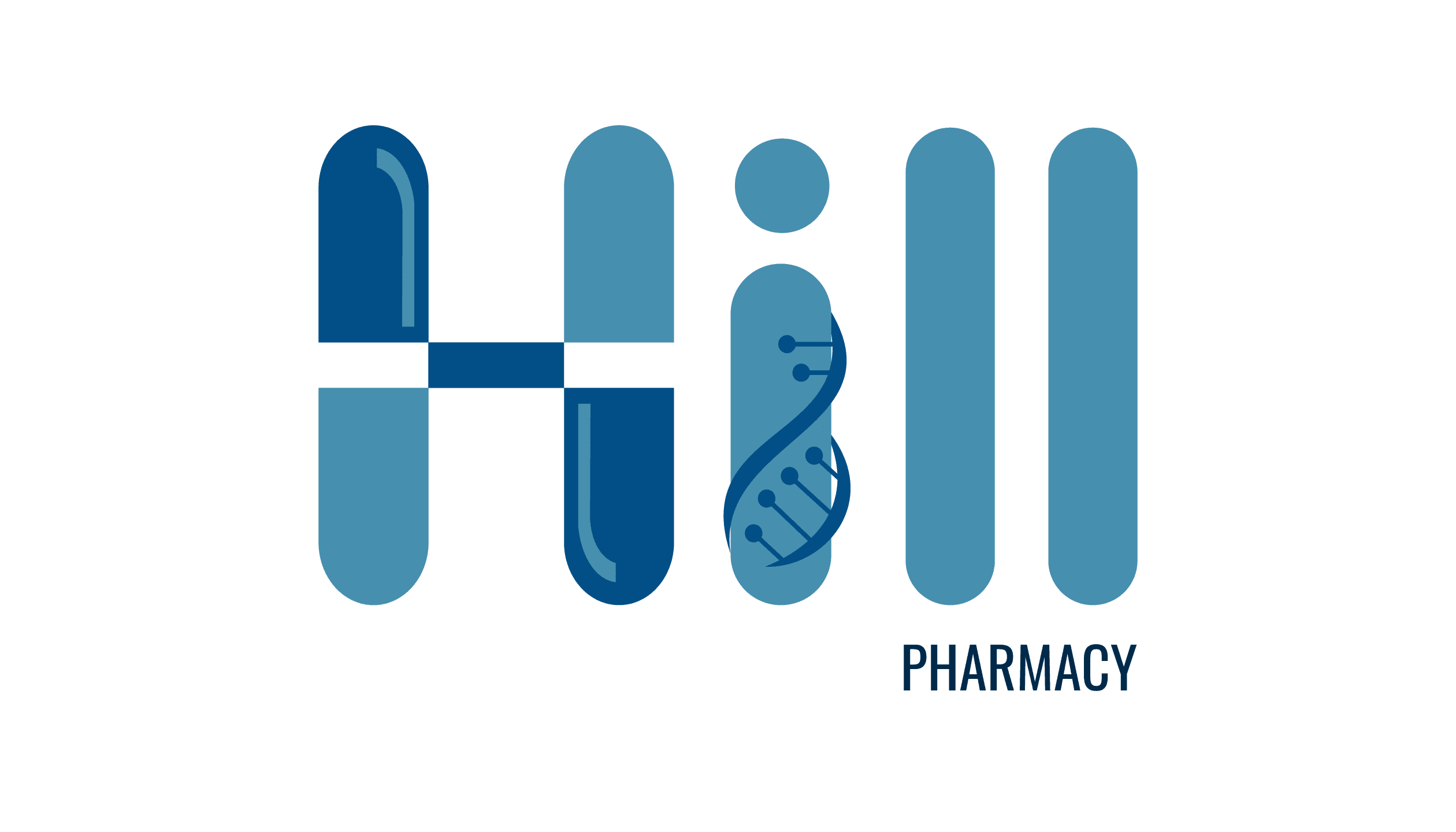
In the world of natural health and nutrition, ellagic acid is earning recognition for its powerful impact on human wellness. This potent antioxidant is found in a variety of plant-based foods and is known to offer a range of health benefits, including anti-inflammatory and anti-cancer properties. If you’ve ever wondered what is ellagic acid, how to include it in your diet, or whether it’s safe to take as a supplement, this comprehensive guide is for you.
At Hill Pharmacy, we’re committed to promoting informed health choices backed by science and professional insight. Read on to explore the ellagic acid benefits, its top food sources, and smart ways to safely integrate it into your wellness routine.
What Is Ellagic Acid?
Ellagic acid is a naturally occurring polyphenol compound found in many fruits, vegetables, and nuts. It acts as a plant’s natural defense system against environmental stress and pathogens. In humans, it functions as a potent antioxidant, meaning it neutralizes harmful free radicals that can damage cells and lead to chronic diseases.
Beyond its antioxidant activity, ellagic acid has been studied for its potential to inhibit cancer cell growth, protect the heart, and support skin health. It’s this wide array of potential therapeutic effects that make ellagic acid a standout nutrient in both food and supplement form.
Ellagic Acid Benefits: What the Research Says
Let’s explore the top ellagic acid benefits supported by science:
1. Antioxidant Protection
One of the most well-known ellagic acid benefits is its antioxidant properties. Oxidative stress, caused by free radicals, is a major contributor to aging and many chronic conditions. Ellagic acid helps combat this by scavenging free radicals and reducing cellular damage.
2. Anti-Cancer Properties
Several studies have highlighted ellagic acid’s role in cancer prevention. It may:
- Reduce cancer cell proliferation
- Promote apoptosis (programmed cell death of damaged cells)
- Block carcinogens from binding to DNA
While research is still ongoing, early findings suggest that ellagic acid may be especially effective against breast, colon, prostate, and esophageal cancers.
3. Cardiovascular Support
Due to its anti-inflammatory and cholesterol-lowering effects, ellagic acid may benefit heart health. It helps prevent the oxidation of LDL (bad) cholesterol, which is a key contributor to plaque buildup in arteries.
4. Ellagic Acid for Skin Health
There’s growing interest in ellagic acid for skin applications. It has been shown to:
- Lighten dark spots by inhibiting melanin production
- Protect the skin from UV-induced damage
- Improve skin elasticity and hydration
Many skincare products now include ellagic acid due to these protective and anti-aging effects.
5. Anti-Inflammatory Effects
Chronic inflammation is at the core of many health problems. Ellagic acid has been shown to reduce markers of inflammation, helping manage conditions such as arthritis, metabolic syndrome, and digestive disorders.

Top Natural Sources of Ellagic Acid
Nature offers plenty of ways to get ellagic acid through whole foods. Choosing natural sources of ellagic acid not only ensures safety but also provides additional fiber, vitamins, and phytonutrients.
Foods High in Ellagic Acid Include:
| Food | Approximate Ellagic Acid Content (mg per 100g) |
| Pomegranates | 25–40 |
| Raspberries | 5–12 |
| Strawberries | 2–4 |
| Blackberries | 4–19 |
| Cranberries | 6–10 |
| Grapes (Red) | 1–2 |
| Walnuts | 10–15 |
| Pecans | 8–12 |
Berries are the most potent foods high in ellagic acid, especially raspberries, blackberries, and strawberries. Pomegranates are also an excellent source, particularly the seeds and juice.
To increase your intake, add these fruits and nuts to your breakfast bowls, smoothies, salads, or as healthy snacks throughout the day.
Ellagic Acid Supplements: Are They Necessary?
For people who may not get enough of this antioxidant through food, ellagic acid supplements offer a convenient option. These supplements often come in capsule, powder, or extract form and may be derived from pomegranate peel, raspberry extract, or other high-ellagic fruits.
However, it’s important to weigh the pros and cons:
Pros:
- Easy and concentrated source of ellagic acid
- Useful for people with limited dietary variety
- May be recommended for specific health protocols
Cons:
- Bioavailability (how well the body absorbs it) may be lower than from whole foods
- Some supplements are not well-regulated in quality or dosage
- Possible interaction with medications
Always talk to a pharmacist or healthcare provider before starting ellagic acid supplements, especially if you are pregnant, breastfeeding, or managing chronic conditions.

Is Ellagic Acid Safe? Understanding Side Effects
One common question is: Is ellagic acid safe? For most people, yes—especially when consumed through food.
However, there are a few ellagic acid side effects to be aware of:
Potential Side Effects:
- Gastrointestinal upset (nausea, bloating) in high supplement doses
- May interfere with iron absorption if taken in large quantities
- Possible drug interactions with blood thinners or anti-cancer drugs
These effects are generally rare and mild, but individuals taking medications or managing specific health conditions should consult their doctor before taking ellagic acid supplements.
Benefits of Ellagic Acid in Diet: Simple Tips to Add It
Now that you understand the benefits of ellagic acid in diet, here are a few easy, everyday tips to naturally increase your intake:
- Start Your Day with a Berry Bowl
Add a handful of raspberries, blackberries, or strawberries to your cereal, yogurt, or smoothie bowl.
- Enjoy a Glass of Pomegranate Juice
Choose 100% natural, cold-pressed pomegranate juice without added sugars to get a high dose of ellagic acid.
- Snack on Walnuts and Pecans
These nuts are excellent plant-based sources of ellagic acid and support heart and brain health.
- Look for Ellagic Acid in Skincare
If you’re targeting pigmentation or signs of aging, consider a dermatologically approved ellagic acid for skin cream or serum.
- Rotate Your Fruits Seasonally
Incorporate seasonal berries, grapes, and pomegranates into your routine for consistent, fresh ellagic acid antioxidant properties.
Final Thoughts: Is Ellagic Acid Worth Adding to Your Wellness Plan?
Without a doubt, ellagic acid is a valuable addition to any healthy lifestyle. Its antioxidant, anti-inflammatory, and potential anti-cancer properties make it a standout among natural plant compounds.
By choosing foods high in ellagic acid and supplementing wisely when needed, you can support your heart, skin, and overall well-being. While ellagic acid supplements are available, most people can meet their needs through a varied, whole-food diet.
Visit Hill Pharmacy today to explore a wide range of nutritional supplements and expert advice tailored to your health goals. If you’re considering adding ellagic acid to your wellness routine, our pharmacists are here to help you choose the safest, most effective options.






